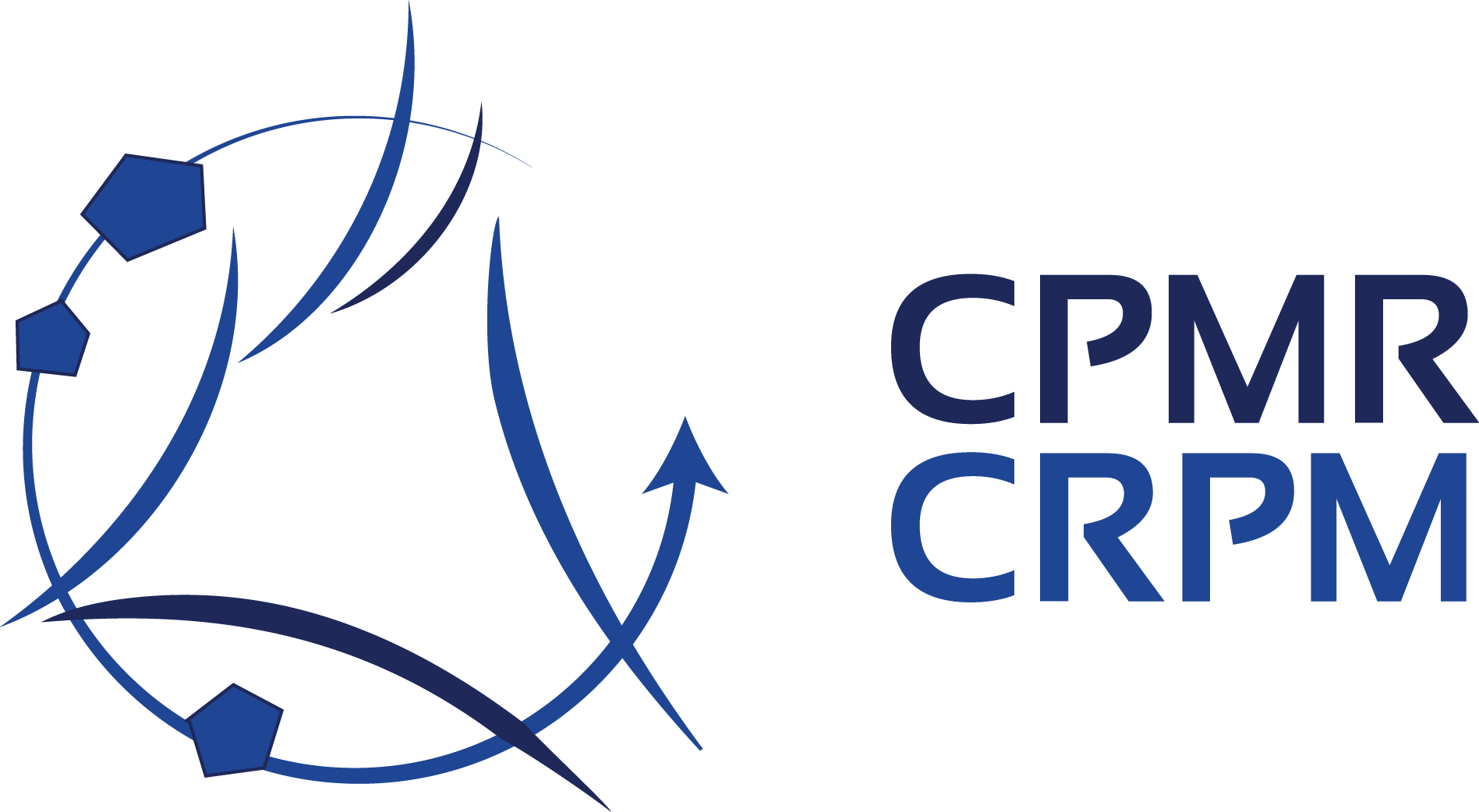Mission - Plastic Free Ocean
 Being a mass-product for only about 60 years plastic has changed the world. As a light and durable material, it plays an important role in our daily lives in food packaging, electronics, furniture or insulation of buildings. However, every year only in Europe there are 25.8 million tonnes of plastic waste generated but only 30 per cent of it is recycled. Instead 150.000 to 500.000 tonnes of it enter the ocean only in the EU. Worldwide, about 8 million tons of plastic get into the ocean per year, equivalent to 35 shipping containers filled with plastic being dumped every hour.
Being a mass-product for only about 60 years plastic has changed the world. As a light and durable material, it plays an important role in our daily lives in food packaging, electronics, furniture or insulation of buildings. However, every year only in Europe there are 25.8 million tonnes of plastic waste generated but only 30 per cent of it is recycled. Instead 150.000 to 500.000 tonnes of it enter the ocean only in the EU. Worldwide, about 8 million tons of plastic get into the ocean per year, equivalent to 35 shipping containers filled with plastic being dumped every hour.
Prof Mariana Mazzucato suggests in the EC report ‘Mission-Oriented Research & Innovation in the European Union’ to reduce within five to ten years the plastic entering the marine environment by 90% and collecting more than half of the plastic currently present in our oceans, seas and coastal areas; an enormous task considering the surface of 350 million km2 and a volume of 1300 million km3 of our oceans and seas.
The European Parliament Intergroup Seas, Rivers, Islands and Coastal Areas (SEARICA) supports an ambitious European agenda to tackle the challenge of plastic pollution and has taken the initiative to host the exhibition Ocean Plastics Lab, a joint initiative of the German Federal Ministry of Education and Research, the German Marine Research Consortium and the European Commission, Directorate General for Research and Innovation, in front of the European Parliament on the Esplanade Solidarność from 9-19 April to raise further awareness of the problem but also possible solutions.
On this occasion and in the context of the discussion about an EU plastic strategy as well as future research priorities, the Intergroup would like to launch a discussion about a Mission: Plastic Free Ocean focussing on the two main questions of how to get the plastic out of the ocean and how to prevent that even more plastic gets in. Considering the complexity of this global societal, environmental and technological challenge, this roundtable shall be a kick-off discussion on how such a Mission: Plastic Free Ocean could look like. Therefore it is necessary to bring together relevant representatives of various political levels in Europe but also globally as well as stakeholders representing the civil society, the industry and the research community.
This roundtable discussion will take place behind closed doors in order to facilitate a target-oriented exchange. Each speaker will have five or three minutes to focus on what the country, institution or organisation is already doing in this context, which added value such a Mission: Plastic Free Ocean would have and how it should look like.
After the discussion there is the possibility to visit the Ocean Plastics Lab exhibition for a further inside on how science can contribute to achieve a plastic free ocean.
Please note that participation in the roundtable is on invitation only.
Event Properties
| Event Date | 09-04-2018 15:30 |
| Event End Date | 09-04-2018 18:00 |
| Location | European Parliament Brussels |
| Categories | Conférence 2015-2019 |
What is an Intergroup?
The Seas, Rivers, Islands and Coastal Areas Intergroup is one of the 28 Intergroups that were approved in December 2024 by the Conference of Presidents for the 10th legislature of the European Parliament. Intergroups can be formed by MEPs from any political group and any parliamentary committee with a view to holding informal exchanges of views on particular issues and promoting contact between MEPs and civil society.










